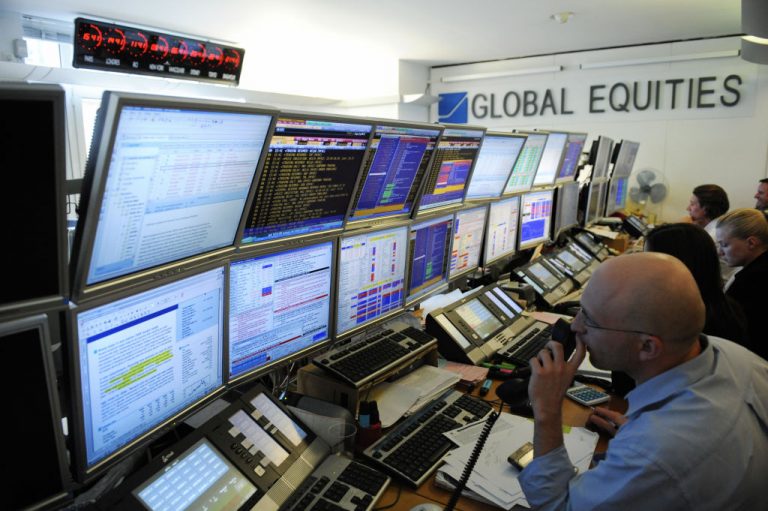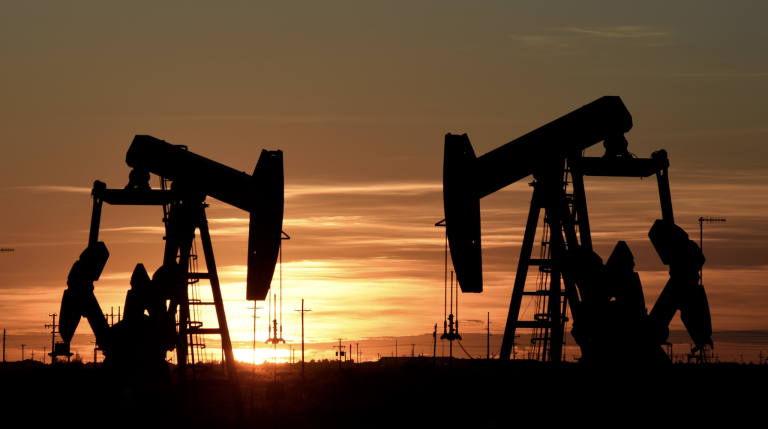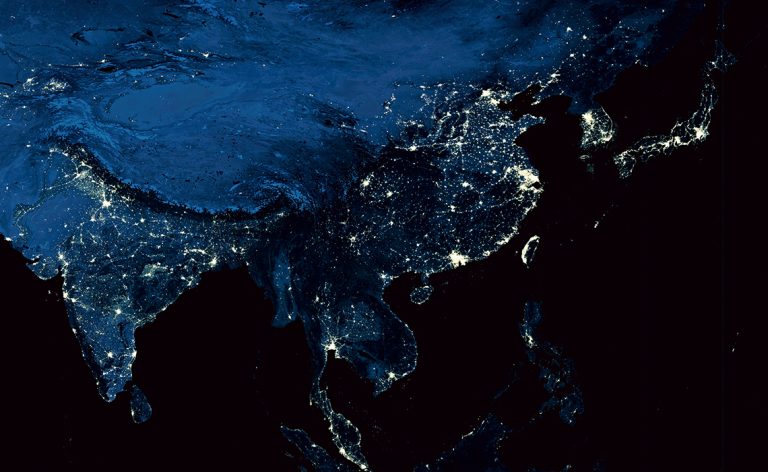Commentary
Until recently, economic competition was the driving force for small and large companies across the United States and throughout the world.
Since the mid-1970s, however, two corporations — Vanguard and BlackRock — have gobbled up most companies in the world (through), something that has long-reaching implications for the competitive market that most Western economies are supposed to be based upon.
Using a process called circular ownership, these two financial firms have grown in the span of less than 30 years to become the largest and most trusted firms for the world’s richest people. Because BlackRock and Vanguard have diversified their investments to include almost every imaginable industry, these corporations dictate all major decisions that affect the world’s economy, and in turn, our everyday lives.

The assets left in their care are worth a combined total of over $17.5 trillion — roughly equivalent to the entire U.S. economy, and more than the combined GDP of every country in the world outside of the U.S. and China.
Success
You are now signed up for our newsletter
Success
Check your email to complete sign up
BlackRock currently remains the world’s largest asset manager, with the S&P 500 climbing 11 percent in the latest quarter and 27 percent in 2021. Investors added a net $169 billion to the corporation’s long-term investment vehicles, including ETFs and mutual funds in the last three months of the year.
An investigation by Friends of the Earth found that these mammoth firms are also major investors in companies that run private prisons and migrant detention centers in increasingly militarized border patrol sites. Some of these corporations are responsible for the development of drone and biometric technology, worth billions of dollars each year.
Corporate domination
In addition, BlackRock is also the largest shareholder of all banks in the U.S., including Goldman Sachs, CitiGroup and J.P. Morgan. The firm also holds major shares in Germany’s Deutsche Bank, as well as other financial institutions across Europe and Australia.
BlackRock also owns major stakes across virtually all industries, with a 7.3 percent stake in PepsiCo and Coca-Cola. It even controls the world’s media outlets, with sizable stakes in CBS news, Fox, NBC news, The New York Times, and other mainstream media.
What this means for the world is that these companies have quietly taken up a central role within our economic and political life — even being able to control and influence what the media reports on.
The Big Three (BlackRock, Vanguard, and UBS) cast more than 25 percent of votes of all corporate shareholder meetings, meaning they “exercise something akin to state authority over the largest corporations that account for the vast bulk of economic activity in the world’s economy,” investment strategy analyst Anusar Farooqui said.
And it’s not just corporate governance, either: major political decisions around the construction of crucial public infrastructure, such as the approval of new roadways and hospitals have been structured to eliminate risk for asset managers and their clients as part of “public-private partnerships.”
In 2020, finance law expert William Birdthistle went as far as to call BlackRock a “fourth branch of government,” after the U.S. Federal Reserve again enlisted it to prop up the entire corporate bond market.

Environmental rhetoric versus action
In addition to wielding the power of deciding where the banks they own are investing their money into, Vanguard and BlackRock own a collective total of more than 27 percent of shares ($650 billion worth) of the world’s fossil fuel giants: Chevron, ExxonMobil, and ConocoPhillips.
The Big Three also own over 30 percent of major agricultural business companies like Archer-Daniels-Midland (ADM), making them among the largest shareholders in the two industries most responsible for the world’s greenhouse gas emissions.

In turn, these financial giants are not just funneling money into companies causing pollution and climate destruction; they’re also profiting off unjust responses to climate change via investment opportunities called “green investment funds.”
And despite lip service for climate change issues, these major asset managers have not used their power and influence to promote genuine climate sustainability or justice-promoting responses to our world’s worsening environmental crises. Instead, they have routinely voted against or abstained on shareholder resolutions that would support green policy targets to curb deforestation and illegal dumping of trash and other toxic waste into the world’s oceans.













